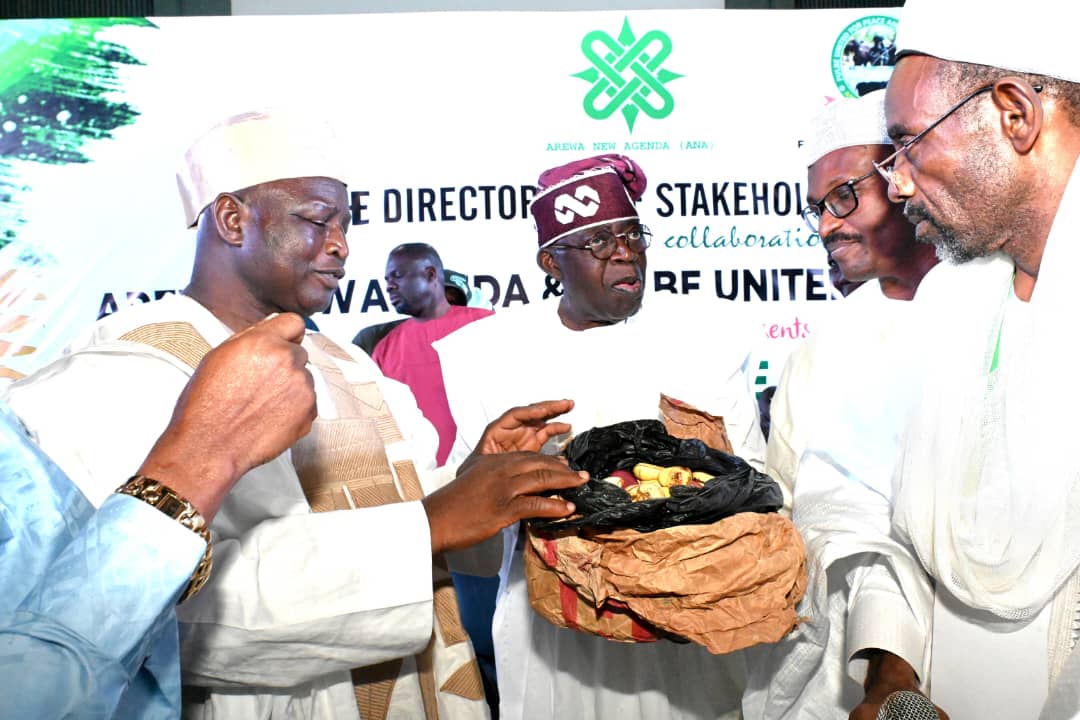Despite directly impacting our communities, health, and livelihood, climate-related reports usually take a back seat to dominant news beats like politics and business. Climate Watch aims to ensure you never miss important stories on climate change and actions being taken toward limiting its impact.
Here is a round-up of last week’s climate stories:
• Over 25,000 deaths have been recorded in earthquakes that hit parts of Turkey and Syria. Following the imcidents, the Turkish embassy in Nigeria has appealed for Nigeria’s assistance for victims through public donations to be made at its Lagos and Abuja offices. The embassy also said the donations would be sent to victims via Turkish Airlines.
• Hadi Sirika, minister of aviation, last week, announced the launch of the Nigerian Meteorology Agency (NiMet) weather app. The mobile app, he said, has improved features to enable the public get real time multi-sectoral information about weather conditions in any part of the country. He said the app is now available for download on Google and Apple stores.
Advertisement
• The Bank of Industry (BoI) has signed an agreement with the French Development Agency (AFD) for a €2.5 million grant to tackle climate change issues in Nigeria. According to the French Embassy, the agreement would strengthen the partnership between both countries in the fight against climate change and build the capacity of the BoI to provide necessary tools for the development of bankable climate projects. Read more here.
• Similarly, the Centre for Atmosphere and Environmental Research (CAER) at the Imo State University has sought to partner with NiMet on data exchange and research. Mailadi Yusuf, director of weather forecasting services, assured the delegates of NiMet’s commitment towards assisting national institutions through collaborations.
• At the inaugural meeting of the National Climate Change Council (NCCC) on February 10, President Muhammadu Buhari approved the council’s work plan. The plan is expected to provide a sustainable framework for climate-related activities in the country. Buhari also approved the proposed institutional arrangement (organogram), as well as the deployment of staff from key ministries, departments and agencies (MDAs) to the council. Read more here.
Advertisement
Add a comment






